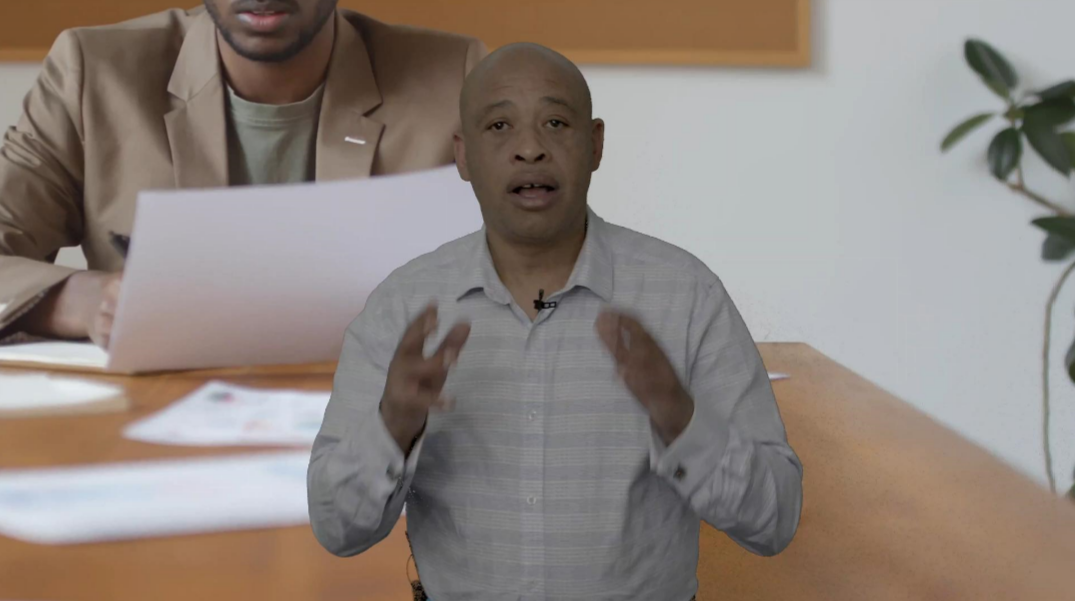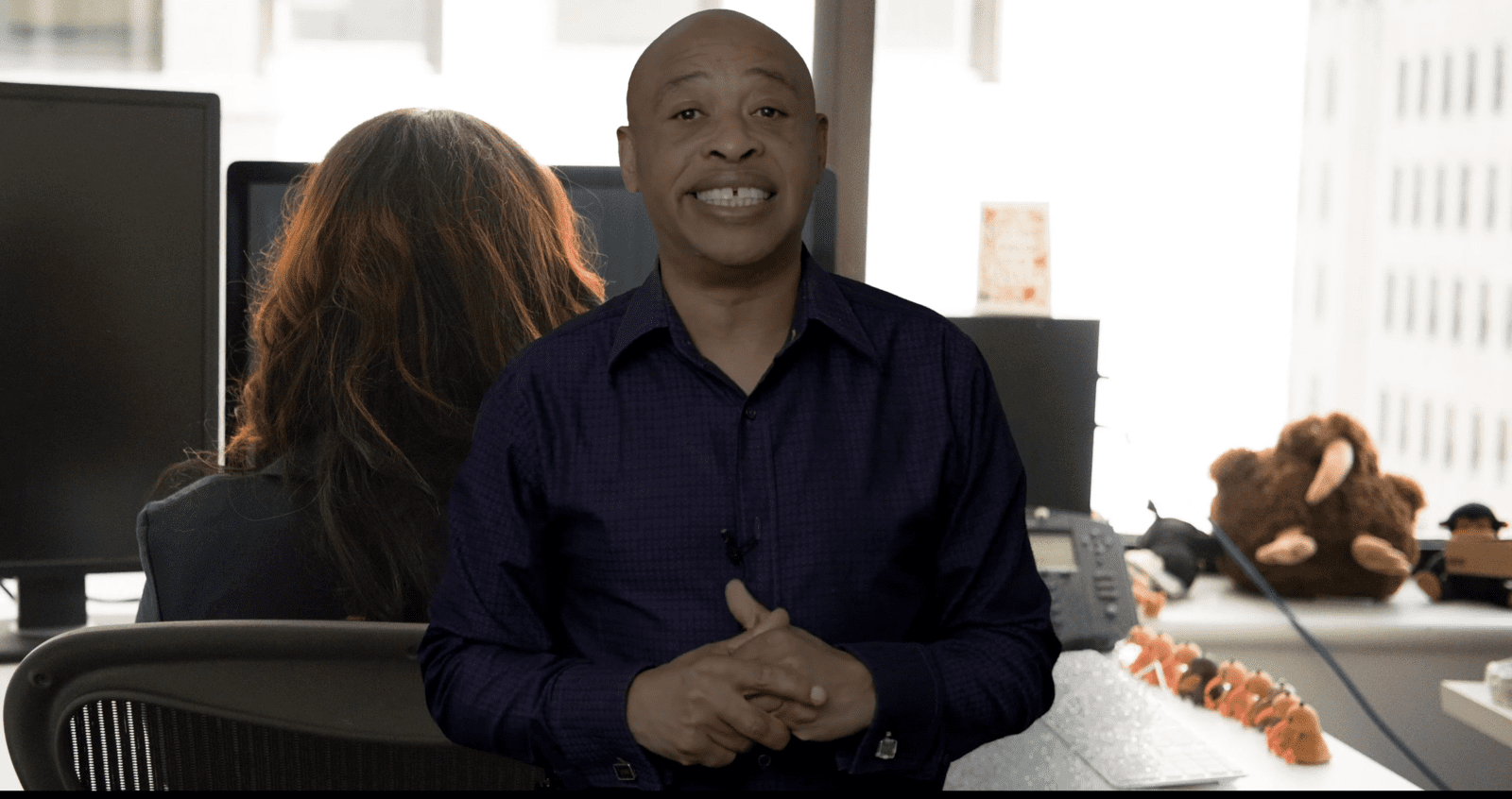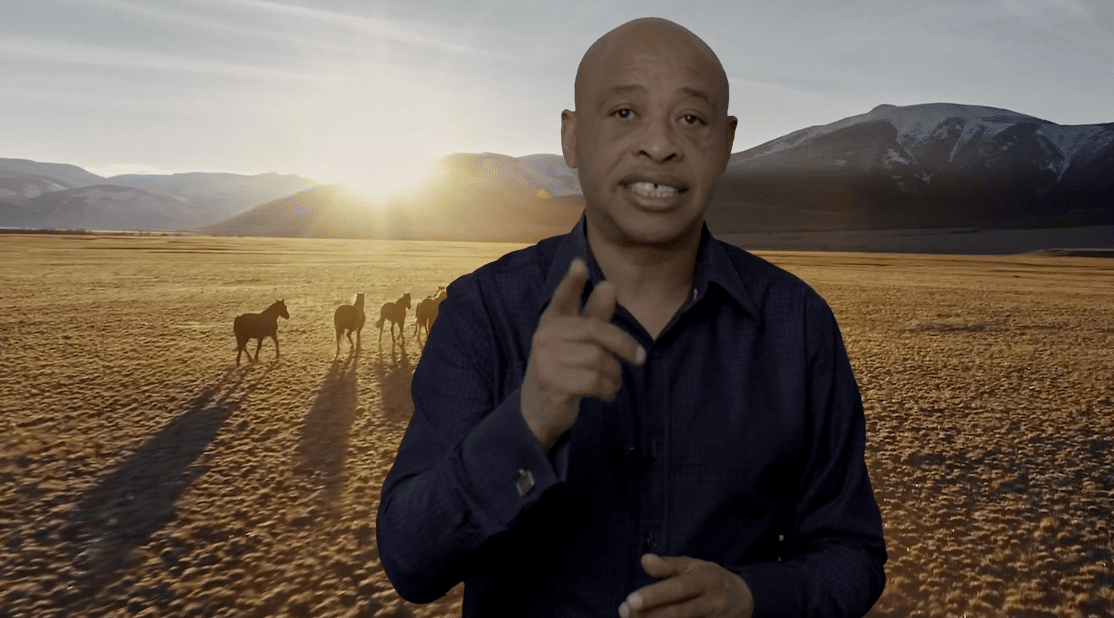Soft skills – the secret weapons for getting promoted at work
Most people approach the opportunity to apply for that work promotion with a mix of enthusiasm and fear. It’s hardly surprising when you consider the process that’s taking place below the surface. But great soft skills can greatly increase your chances of getting promoted at work.
Let’s be frank - applying for a promotion requires some level of courage. By applying you are signalling your ambition and sending a series of clear messages about –
- your track record with your employer,
- your desire for advancement and
- your ability to fulfil the new role.
You are often stepping out of the safety of a role in which you may be quite successful and asking your employer to consider you in a new and more senior light.
While the prospect of new challenges can be exciting, the stress associated with the process of trying to get promoted at work can prompt you to unconsciously focus on selling your hard skills - at the expense of your soft skills.
It’s often about far more than just being able to do the job.
Sure, you need to be able to do the job – but there is a good chance that most of the applicants have the hard skills to do this.
What can make the difference is cultural fit - and employers (even if they know you already) will be looking for the non-task skills you bring to the table that say that you are ready to take the next step.
People often forget that increasing seniority brings with it an increased need to draw people and resources together to get things done. It becomes less about direct task aptitude and more and more about those alchemic skills referred to as human or soft skills.
The ability to empathise and coach, to collaborate, to lead (rather than simply manage), and the capacity to be creative and innovative – especially under pressure – are skills that separate candidates for a promotion where their task-based track record is relatively equal.
According to CareerBuilder, “77% of employers think personality skills are just as important as hard skills – and 16% find them more important”.
It can give you a clear advantage to remember that in the heat of an interview, most people fall back to talking about task-driven skills because it’s safe. Make sure that’s not you.
Stand out in the crowd by talking about both. As part of answering questions about aptitude, be sure to include examples that show how you collaborate with team members, how you have mentored or helped another staff member and how you have handled a difficult situation with empathy and honesty.
These things matter – and a senior team member who can resolve conflict and issues with empathy and respect demonstrates that they can take the load off their new boss. This ability and the benefit it provides may register consciously or intuitively with your boss. The point is that is registers.
Good soft skills are not as obvious or as common as you think.
Manpower Group survey maintains that “employers say problem solving, communication, organisation and collaboration are also the hardest skills to find in candidates”.
Despite this, people with good soft skills often underestimate their influence. In your next interview, fight the urge to talk exclusively about your hard skills. Stop. Listen. Connect with your interviewer and tell them about your soft skills as well. It may well make the difference between yourself and a competitor for the role.
Need to build your chances of promotion? Book a FREE personal one-on-one soft skills assessment session, and find out how soft skills could benefit you or your workplace.











